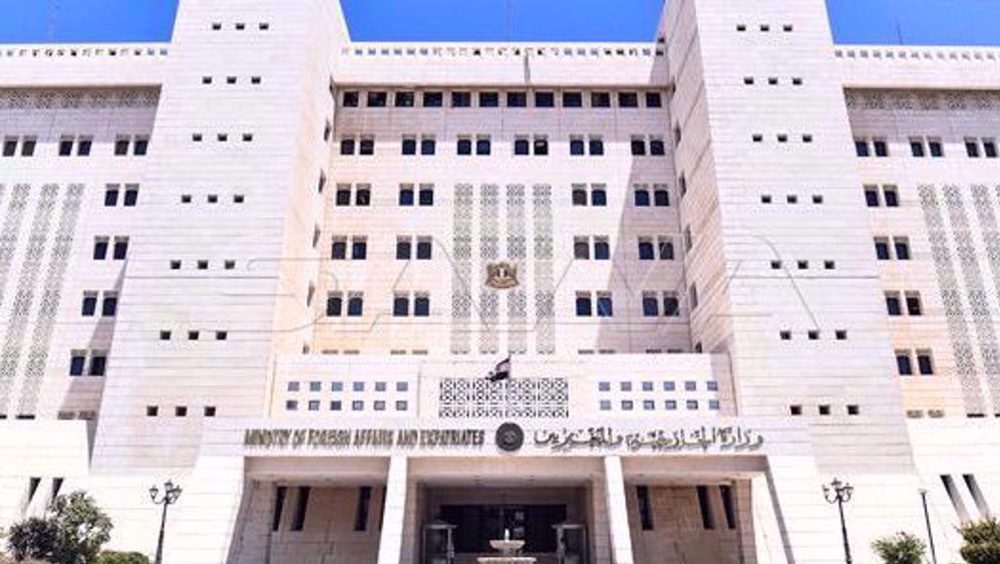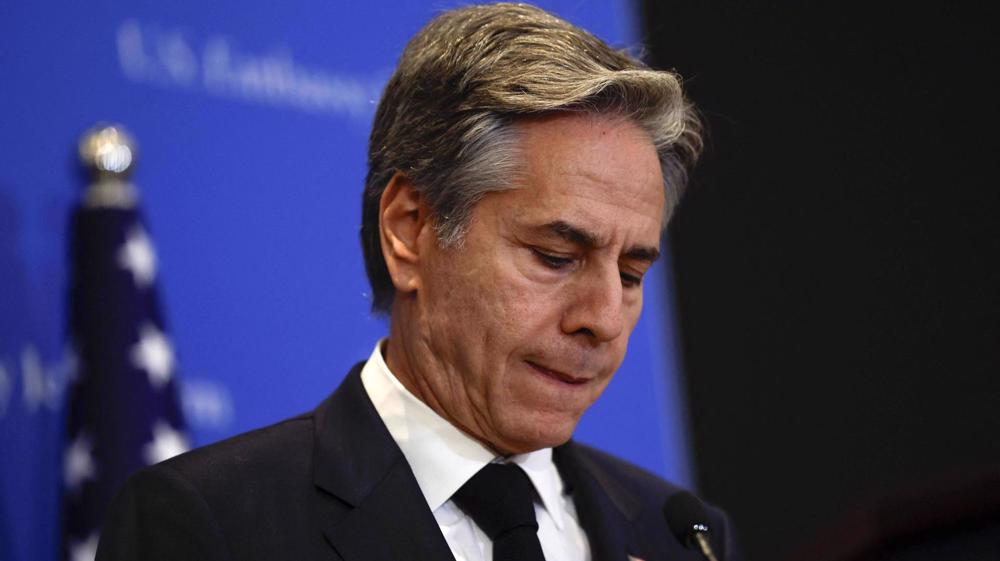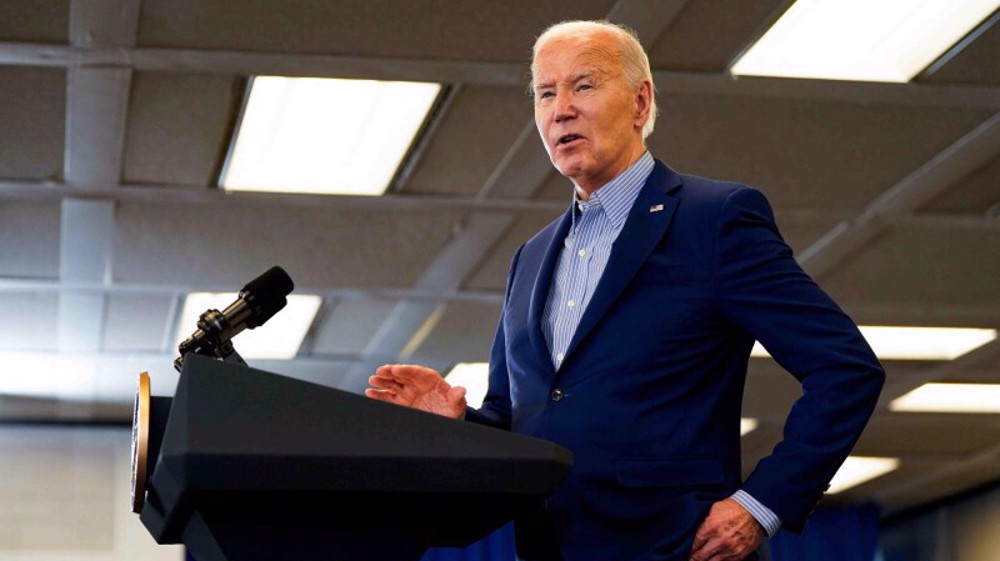US faces challenge in creating common front against China
US President Barack Obama will host leaders from the 10-member Association of Southeast Asian Nations (ASEAN) at a summit which aims to counter what Washington calls China's increasingly assertiveness in the South China Sea.
The two-day summit, which will be held in Rancho Mirage, California on Monday, comes as the US steps up pressure against China’s growing influence in the region.
The agenda for the ASEAN meeting, the first ever to be held on US soil, covers a broad spectrum of issues, including security, trade and climate change.
However, Obama’s efforts to forge a common front and encourage bolder rhetoric against Chinese build-up in the South China Sea will be a challenge among the ASEAN states, analysts say.
Only four of its 10 member states are locked in the disputes with China, leading to sometimes conflicting views on handling the long-simmering rifts.
"I think it will be hard for the US to convince the 10 ASEAN states to adopt any language on the South China Sea disputes that go beyond what ASEAN statements have said in the past," said Dr. Malcolm Cook of the Institute of Southeast Asian Studies in Singapore.
A Southeast Asian diplomat told The Associated Press that ASEAN envoys have been negotiating the text of a possible joint statement to be issued by Obama and his Southeast Asian counterparts at the end of the summit.
But there have been initial differences among ASEAN governments on the wording of the statement, the diplomat, who spoke on condition of anonymity, told the AP.
The Obama administration sees closer ties with the ASEAN bloc as part of the so-called pivot to Asia strategy, a widely advertised shift to Asia which the White House has pursued since 2011.
Washington accuses Beijing of rapidly building up to 800 hectares (2,000 acres) of artificial islands in the Spratlys, an archipelago of more than a hundred islands, reefs and atolls in the South China Sea.
China claims sovereignty over nearly all of the South China Sea, which is also claimed in part by Taiwan, Brunei, Vietnam, Malaysia and the Philippines.
Beijing accuses Washington of meddling in the regional issues and deliberately stirring up tensions in the disputed waters.
Israeli airstrike kills at least 7 people in Rafah
VIDEO | Iranians hold nationwide demos in support of IRGC
Syria condemns US veto of Palestine UN membership resolution
Iraqi resistance forces hit Israeli Ovda air base
Hackers break into Israeli military’s computers, access trove of documents
Tulkarm Brigade commander killed by Israeli forces in raid on refugee camp
Zionist media desperately trying to turn Israeli defeat into victory: Iran
VIDEO | Press TV's news headlines










 This makes it easy to access the Press TV website
This makes it easy to access the Press TV website